

|

|

|

|

|

|
|||

|

|

|

|

|
|||
| Research at SGC Toronto | |
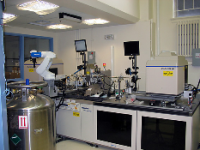 |
Crystallography The crystallography group is responsible for high-throughput structure determination of all structures generated in Toronto |
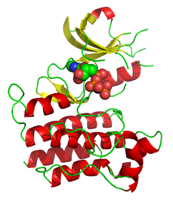 |
Ubiquitin Biology The Ubiquitin Biology group investigates the molecular functions of core components of the cellular ubiquitylation machinery including E3 ligases and Deubiquitylases. These proteins are involved in a wide range of biological phenomena, including cellular proliferation and differentiation and are implicated in numerous pathologies, including proliferative, neurological, and metabolic disorders. The group also aims to discover and develop chemical probes for these proteins to better understand their function in cells and their importance in diseases. |
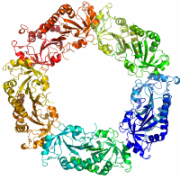 |
Parasitology The Parasitology team works on expression, structural biology and chemical biology of proteins from protozoan parasites, including Plasmodium, Leishmania, Trypanosoma, Cryptosporidium and Toxoplasma species. |
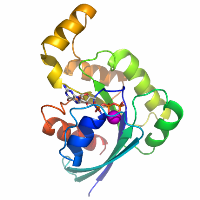 |
Cell Signaling and Metabolism The Cell Signalling and Metabolism group studies metabolic processes that use chemical energy derived from ATP or GTP hydrolysis. It focuses on determining the structural basis for the actions of Ras intracellular signaling proteins, non-protein kinases and kinesin molecular motors with envisioning the molecularly targeted development of therapeutics |
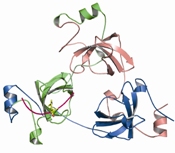 |
Chromatin Biology and Epigenetics The Chromatin and Epigenetics Group aims at characterizing chromatin proteins involved in histone code "reading" and "writing" |
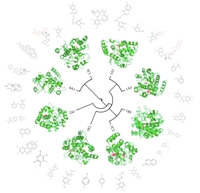 |
Biophysics The Biophysics group characterizes proteins and focuses on developing new high throughput biophysical and biochemical characterization techniques. By screening proteins against customized chemical libraries, the group identifies ligands that promote crystallization and improve crystal quality. It also screens for buffer conditions that reduce protein aggregation and enable them to further concentrate problematic proteins. |
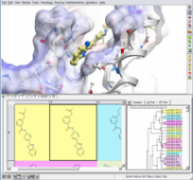 |
Research Informatics The Research Informatics group uses computational chemistry approaches to interface biological and chemical spaces. Technologies deployed include molecular modeling, virtual screening, chemical diversity analysis, drug development potential evaluation, hit explosion, chemical series optimization. The team also develops IT solutions to manage SGC data. |
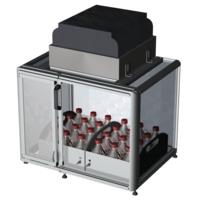 |
Engineering The engineering group utilizes novel techniques and instrumentation for high throughput production and characterization of proteins of interest to the SGC. This includes automation systems, software development for data management and analysis as well as optimization of high throughput protein expression and screening for optimal crystallization conditions. |
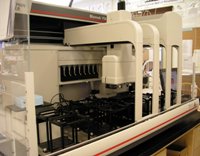 |
Biotechnology The Biotechnology Group delivers both research and facility support services. The group provides all the clones used for expression of human and malaria-related proteins in prokaryotic and eukaryotic cells. Clones are produced and test expressed. This enables other SGC units to solve three-dimensional structures of human and malarial proteins |
| © 2003-2024 Structural Genomics Consortium. All rights reserved. |